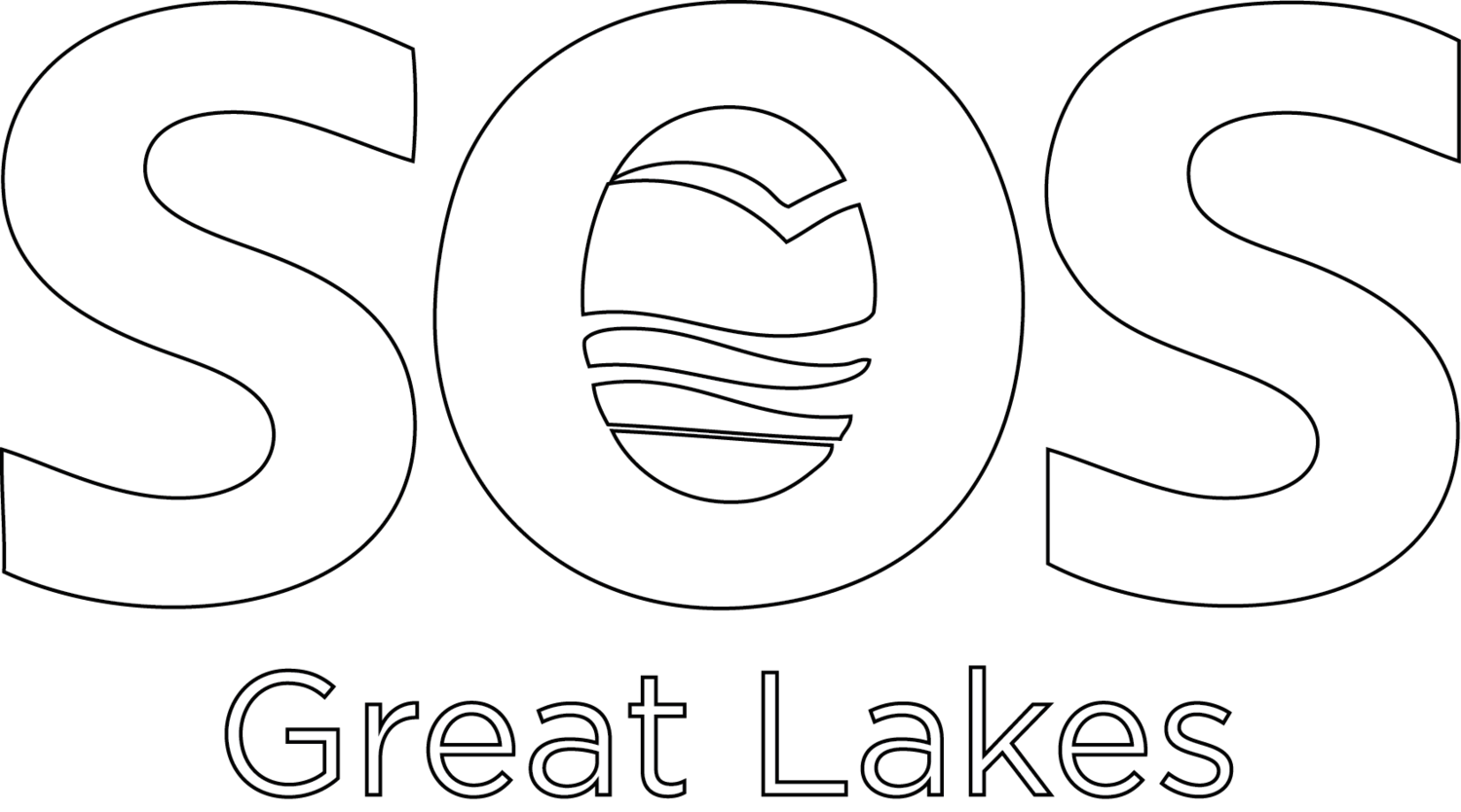On November 30th, 2017, 104 Great Lake Mayors and elected officials signed an open letter to Catherine McKenna, the Canadian Minister of Environment and Climate Change, urging her to halt the Ontario Power Generation (OPG) proposal to bury nuclear waste on the shore of Lake Huron.
The mayors and elected officials combined represent approximately 16 million people. The letter describes OPG’s failure to consider alternative sites, reminding the Minister that her decision will affect 40 million Canadians and Americans who rely on the Great Lakes for drinking water.
SOS Great Lakes thanks the 104 mayors and elected officials who voiced their opposition and who continue to protect the Great Lakes from nuclear waste.
If you would like to stand with us to fight OPG’s plan, write now: http://www.sosgreatlakes.org/sayno






